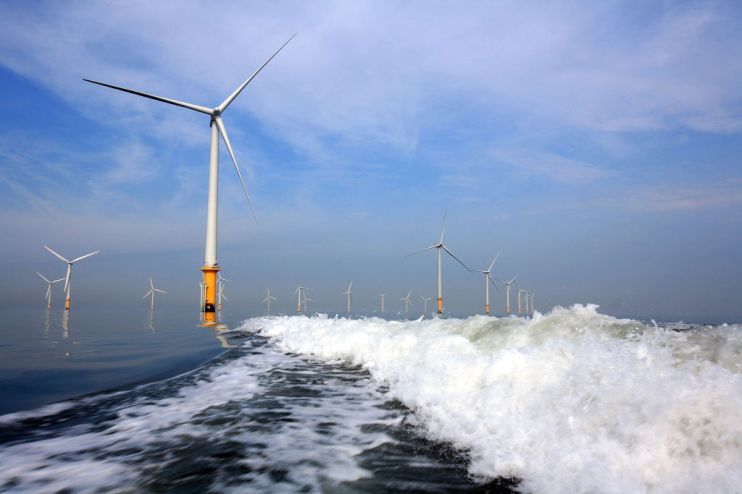Tech could get Britain’s net zero target back on track

Tech could get Britain back on track to meet its net zero commitment after the chair of the independent Climate Change Committee warned that progress on the target had gone awry in recent months.
With the UN’s flagship climate conference COP27 in Egypt one week away, Committee chair Lord Deben told The Independent today that the recent government chaos meant that the UK had failed to lead “anybody” on the issue.
Computer chips and space tech will be critical to meeting the pledge, bosses have told City A.M.
Earlier this month, the UK boss of US tech giant Cognizant warned that the government will miss its net zero target by 2050 if it fails to prioritise its semiconductor industry.
Chips, used in most of today’s electronics, are critical in the green transition – from smart metres to windfarms – but are currently in short supply worldwide as a result of surging demand.
UK managing director, Rohit Gupta, urged for the country to “join forces” with the US and European Union (EU) on an investment strategy for chips, which would boost research and development and eventually production on home turf. Without it, the government may not be able to reduce its emissions in time.
“It’s not just one thing – there’s a number of things where chips are required which in a direct and indirect way move us towards net zero,” he told said. “My worry is that that may get pushed out a little bit with the whole political climate.
“Our net zero ambition in terms of where we want to be – that will be delayed. I don’t think we will hit that,” he said, adding that support for the chips industry is vital.
“There is still time to catch up. It seems far away but the years will pass by pretty quickly.”
The world also risks losing out on significant CO2 reduction benefits if it fails to bind together and scrub up on global regulation of space debris, one executive at British satellite giant Inmarsat told City A.M. last week.
Most businesses are unaware of space tech’s net zero benefits. However, a report by Inmarsat in collaboration with IT unicorn Globant found that globally, satellite communications cut carbon emissions by 1.5bn tonnes each year – the equivalent of 100 times the annual emissions of London’s traffic.
Maritime and aviation sectors are where emissions reduction can be most prominent, according to the report, with satellite comms highlighting “so-called green routes” which use far less emissions than others and signal how busy ports or runways are to avoid unnecessary circling.
But space junk could make space “unusable” for all, president of global government at Inmarsat, Todd McDonell, said. “With COP27 coming up, there is a net benefit to society from what space brings and to keep that net benefit we need to make sure that space is studiously managed.”